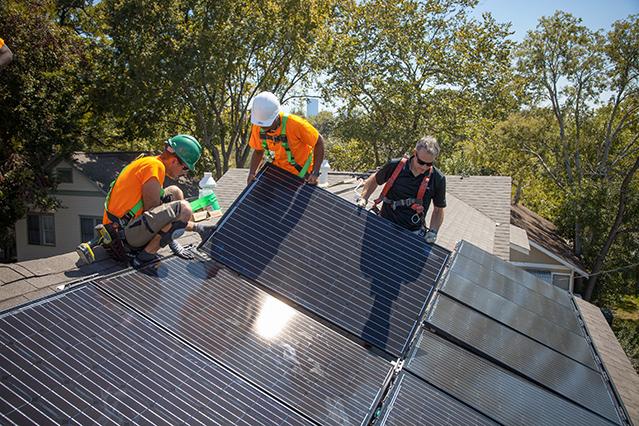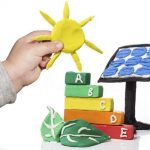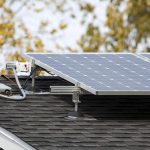When the White House went solar, did President Barack Obama have to argue with a homeowner’s association or maneuver through restricted covenants? Probably not, but plenty of homeowners do.
Here’s what you need to know about residential solar system restrictions.
Solar access rights
Despite several attempts to pass a bill through the House of Representatives and the Senate, a federal solar access law does not yet exist. However, some 25 states have enacted legislation to protect the rights of residents wanting to operate a solar energy system on their property. While these laws supersede denial of solar installation at the local level, HOAs can still place restrictions. And there are additional considerations – in Texas, for example, solar systems can be denied in an area where a housing development is currently under construction.
What restrictive covenants can and can’t do
HOAs cannot delay or deny installation of solar panels, but they can dictate the where and how.
- Location: Angle and position are among the most important factors in maximizing solar power production, yet HOAs can deny arrays on which the top line of the panels extends beyond the roofline – or in the case of ground-mounted systems, the surrounding fence line.
- Aesthetics: Some neighbors just don’t want to see your solar panels from the street. Obviously this may be a problem for homeowners, as panels are installed for maximum solar power production, not looks. On the other hand, nobody wants a neighbor with a solar system that looks like the International Space Station’s (more than an acre of solar arrays!) Solar panels are typically black or blue, because these colors optimize the capturing of solar energy. However, some manufacturers are experimenting with tinted photovoltaics in various colors.
Sell your HOA on solar
HOAs exist to preserve property values, which is why there are rules about the color of your front door and the types of trees you have in your front yard. Discreet or not, solar arrays just may not fit with the look of your hood. What to do? Initiate an educated conversation with your HOA. Remind them:
- Solar panels are environmentally friendly
- Solar power may increase home value
- Solar savings can be passed on to future homeowners
Bonus tip: Rally the neighbors. If 75% of property owners in your community agree with your position, you may have the power to modify HOA bylaws.








Leave A Comment